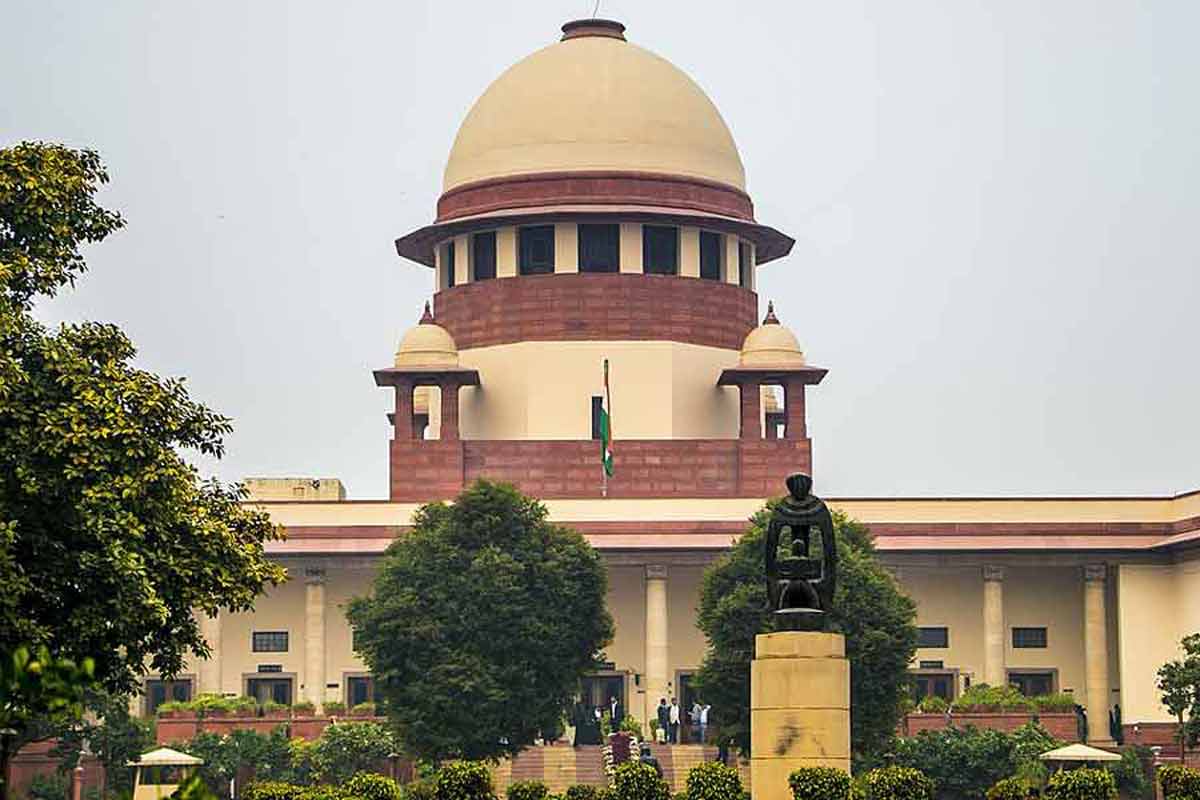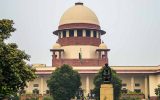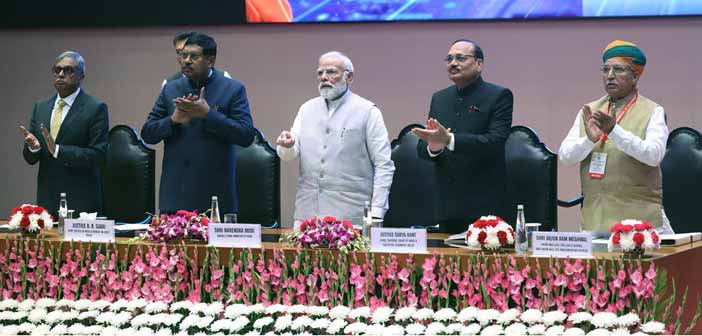Supreme Court Case Laws and Guidelines for Deciding Bail Matters: New Delhi: In a significant ruling aimed at safeguarding the fundamental right to liberty, the Supreme Court of India has directed High Courts and trial courts to decide regular and anticipatory bail applications expeditiously, preferably within two months of filing. Prolonged Delays Impinge on Fundamental Rights, Justices Pardiwala and Mahadevan noted in the order.
A Bench of Justice JB Pardiwala and Justice R Mahadevan emphasized that applications concerning personal liberty cannot be left pending for years, as such delays constitute a “denial of justice” and are contrary to the “constitutional ethos reflected in Articles 14 and 21.”
The Court, taking up the issue while hearing the appeal of two retired revenue officers whose anticipatory bail pleas had been pending before the Bombay High Court for over six years, issued a set of binding administrative directions for all courts.
READ: Punjab and Haryana High Court Orders CBI Probe into Bribery Involving Judges and Advocates
Key Directives from the Apex Court:
-
High Courts must ensure that all bail and anticipatory bail applications before them or subordinate courts are disposed of within a two-month period, unless the delay is caused by the parties themselves.
-
Administrative Directions are to be issued by High Courts to their subordinate courts to prioritize matters involving personal liberty and to avoid indefinite adjournments.
-
Investigating Agencies are expected to conclude investigations in long-pending cases with promptitude to prevent prejudice to both the accused and the complainant.
-
High Courts are tasked with devising suitable mechanisms to prevent the accumulation of pending applications, asserting that a “sword of Damocles” should not be allowed to hang over the heads of applicants.
-
The Court ordered the Registrar (Judicial) of the Supreme Court to circulate the judgment to all High Courts for immediate compliance and administrative action.
READ: Telangana High Court Quashes Cases Against Tweets Criticizing Congress, Issues Guidelines
While the ruling provides a clear path for future bail applications, the Bench upheld the Bombay High Court’s decision to deny relief in the specific case it was hearing, citing the gravity of the allegations and the appellants’ lack of cooperation during the investigation. The Court underscored that even in cases based largely on documentary evidence, custodial interrogation may be necessary.












